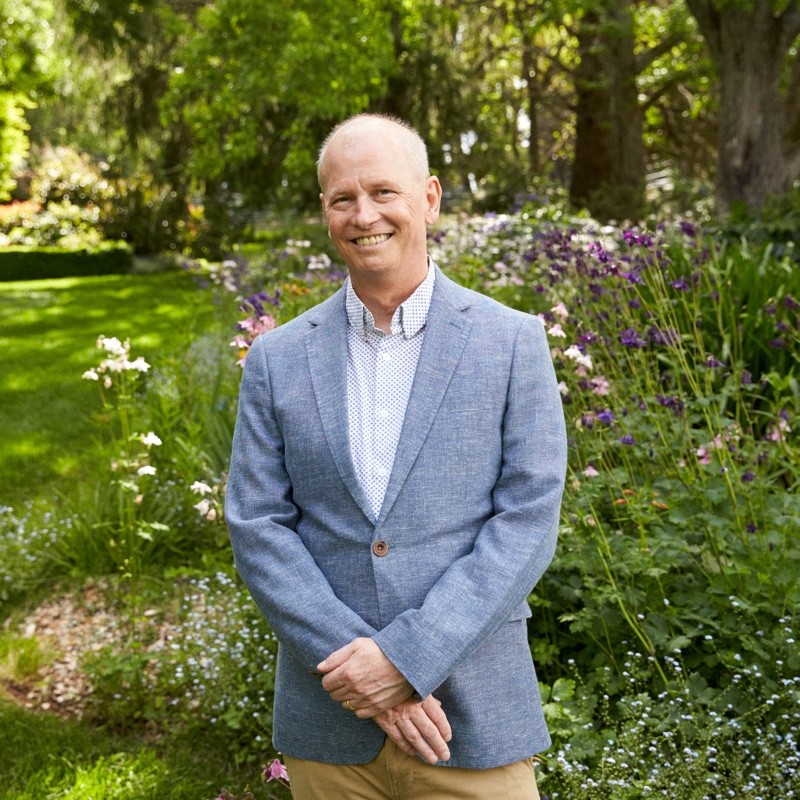

Like many psychologists, after some years in the profession I became interested in finding an area in which to specialise but couldn’t quite work out what that should be. What was I most motivated by? Nothing came to mind until I realised that relationship(s) were what got me out of bed in the mornings! After a brief unhappy first marriage in my twenties, the marriage to my wife Nel has been nothing short of wonderful. I know it has changed my life for the better.
Now I knew that relationship was the area I wanted to develop specialist skills and qualifications in. Unlike other areas of psychology there wasn’t much training on offer in Australia at that time. Then I remembered something about this US researcher, Dr John Gottman.
My post-graduate studies in psychology in the late 1990s coincided with the beginnings of the Positive Psychology movement, starting with a seminal 1998 article by Martin Seligman and Mihaly Csikszentmihalyi. John Gottman’s research findings kept popping up again and again. I saw his 5:1 positive-to-negative ratio appear in so many articles, and he was cited so often in the research literature I was reading that I spontaneously googled Gottman therapy training. It turned out John and his wife Julie Gottman were coming to Brisbane to give their first Australian training in a few months’ time. So naturally, I excitedly booked in.
The two-day training inspired me, immediately giving me an enormous amount of practical information on couples and relationships. It explained why managing conflict and cultivating the skills a couple needs to do this effectively was so critical. Like many others, I’d previously assumed that minimising conflict ought to be the goal. Like much research in psychology, when presented with the findings, it seems clear and obvious. I also know that it only seems obvious once we are presented with clear evidence. Since then, I have marvelled at how much the Sound Relationship House is like a well-cut, multi-faceted diamond.
The more I investigated Gottman’s research, the more I realised that here was clear evidence on the evolutionary story of why relationships are so critical to humans and what makes us such a hyper-relational species. His research was all observational; it was not based only on self-reports and included extensive physiological and behavioural data. At a personal level, the Sound Relationship House model helped me understand what specific actions my wife and I had been engaging in that helped support and foster our relationship and, conversely, what the things were in my first marriage that led to divorce.
I was fortunate to participate in the Level 2 training that the Gottman’s ran in Melbourne the following year and I got to know John and Julie Gottman a little bit. You can imagine that everyone was looking at their own relationships. Right then and there, I decided to pursue further training to qualify as a Certified Gottman Therapist. Although I’ve read widely about other couples therapy modalities, in my view, no other evidence-based couples therapy is as comprehensive as the Gottman Method, nor do any others offer a therapeutic model that is as effective in therapeutic containment.
One of the reasons I kept coming across John Gottman’s research was my long-term interest in how emotions function in humans and other mammals. I knew, for example, that Charles Darwin had been one of the first to study emotions seriously in humans. I was intrigued by the fact that emotions were not an area of serious research for many decades after World War II because measuring them was so complex.
Emotions were considered part of the ‘black box’ of the brain until the advent of fMRI studies began in 1990. I knew about Sylvan Tomkins studies in affect and that Paul Ekman had taken up the mantle of where Tomkins and Darwin had left off. When John Gottman started talking in Level 1 about his training with Paul Ekman in reading micro-emotions and how this had influenced his own research with couples so profoundly, let’s say I knew this was what I wanted to do for the rest of my life.
Becoming an accredited Level 1 trainer has only deepened my understanding and skill in using Gottman Method Couple Therapy with my clients and I am excited to be able to pass this learning, knowledge and practical therapeutic skills on to the next generation of highly trained and skilled couple therapists in Australia.
Campbell MacBean
